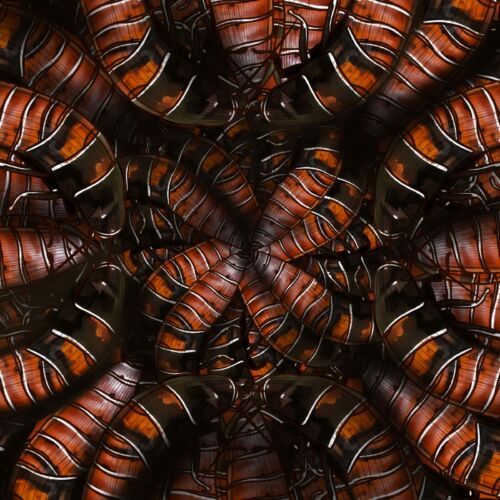Wasta, Darién Gap and the fate of Rohingyas on Bhasan Char
The people of northern Lebanon live without electricity and running water. They call this area the “forgotten north” and try to escape from there. According to the World Bank, Lebanon is experiencing one of the world’s worst economic crises since the mid-19th century, and the local currency has lost more than 96% of its value since 2019. Due to a lack of healthcare and electricity, the country has been divided into spheres of influence, while residents seek help from local politicians or try to emigrate. Their fate is often decided by the so-called wasta; a word that stands for a mixture of protectionism, nepotism and connections.
Bangladesh is home to the world’s largest refugee camp – home to more than one million Rohingyas. They are a Muslim ethnic group who fled hostile actions by the Myanmar (formerly Burma) military in 2017. Overcrowding, dire living conditions and crime are rampant in the camp. To control this crisis, the authorities have sent more than 23,000 refugees to the remote island of Bhasan Char with a plan to ultimately send there 100,000 Rohingyas. Activists fear, however, that the island will become a cyclone-ridden prison, lacking adequate health care, jobs and education. The Darién Gap is a wild, roadless trail through jungle, mountains, rivers and mud that hundreds of thousands of Venezuelans travel towards the US. According to US officials, during the worst of the Venezuelan crisis, between 2015 and 2018, no more than 100 migrants per year were ever arrested at the US southern border, and this year more than 150,000 Venezuelans have already arrived at the border.

























